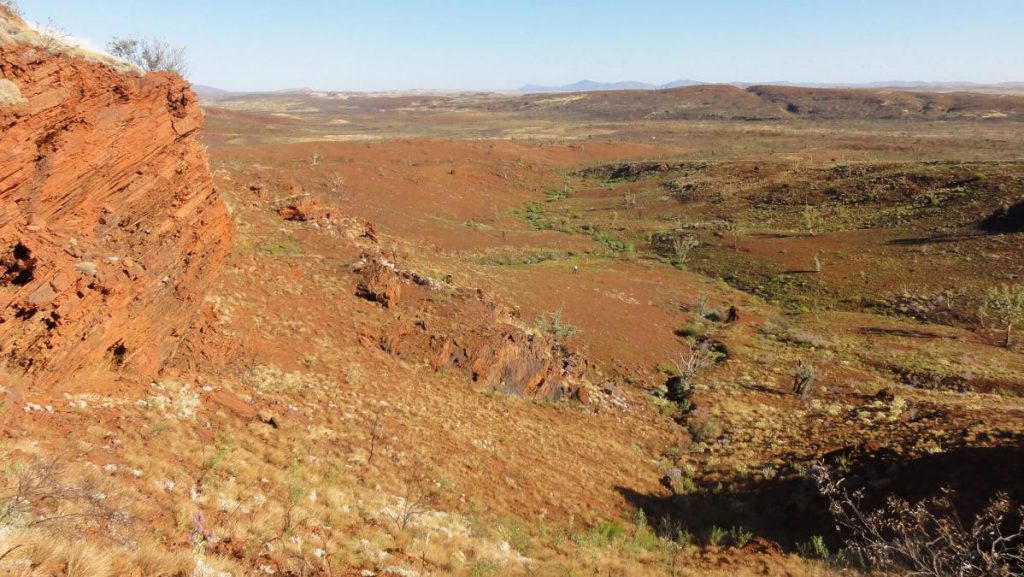Shareholders seek BHP moratorium on Australian cultural site damage

BHP Group must commit to not damaging Aboriginal cultural sites as its expands its mining operations while a review of Australian heritage law is carried out, a shareholder group said in a resolution filed on Thursday.
The proposal comes before BHP’s financial results, due out next week, and after a government enquiry into how peer Rio Tinto legally destroyed caves that showed human habitation stretching back 46,000 years, as part of an iron ore mine expansion.
The moratorium on damaging culturally important sites would cut risk while reforms are considered, the shareholder group, the Australasian Centre for Corporate Responsibility (ACCR), said in a statement.
A proposed revision of Western Australia’s Aboriginal Heritage Act is to be made public in coming week
“Investors simply can’t stand by and allow another Juukan Gorge disaster to take place,” said the group’s executive director, Brynn O’Brien, referring to the site of the caves destroyed by Rio Tinto.
The group is aligned with industry funds that pledge to uphold socially responsible investment. The resolution is backed by a group representing all of Australia’s major Aboriginal Land Councils.
BHP said it consulted regularly with its investors on matters such as its approach to cultural heritage.
“Our engagement with Traditional Owners is based on deep respect and a commitment to understanding the cultural significance of their country and heritage,” the company said in a statement.
A proposed revision of Western Australia’s Aboriginal Heritage Act is to be made public in coming weeks.
The law is widely considered out of date because it does not allow traditional owners right of appeal, among other issues.
BHP has said it would not disturb any sites of importance to the Banjima people at its South Flank operations, even though the state government had given it approval to disturb 40 sites.
The ACCR also called on BHP to lift gag orders that restrain Indigenous groups from objecting to developments on their land and to be transparent when it comes to lobbying by industry groups.
In a separate resolution, the ACCR called for BHP to review the work of its industry associations in connection with economic stimulus measures in response to the novel coronavirus, and how that relates to their Paris climate accord commitments.
The New South Wales Minerals Council in July called for the state government to fast-track approval of 21 new or expanded coal mining projects.
(By Melanie Burton; Editing by Robert Birsel)
{{ commodity.name }}
{{ post.title }}
{{ post.date }}




Comments